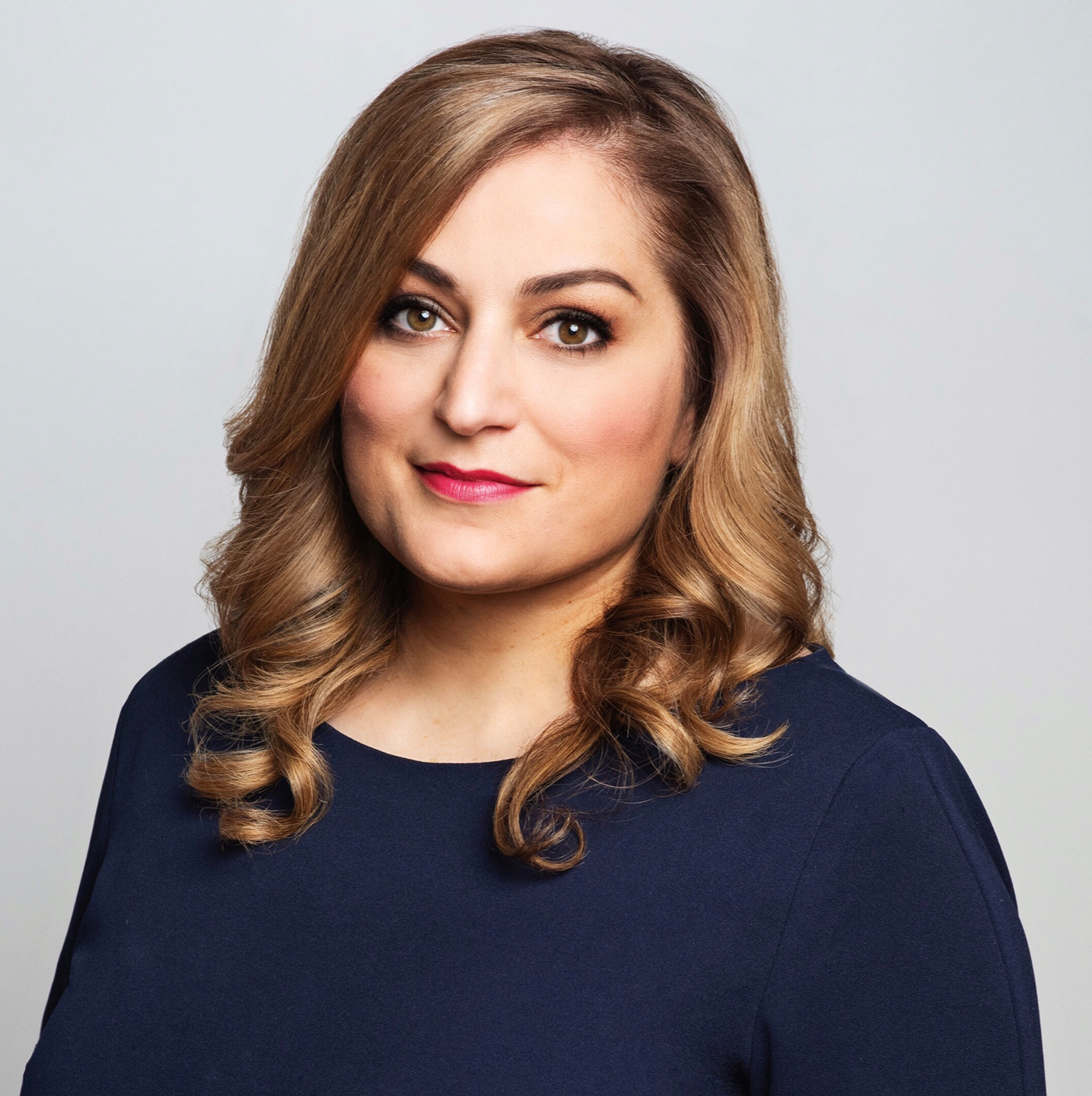Vasie Papadopoulos has been named one of Canada’s Top 100 Most Powerful Women by the Women’s Executive Network (WXN), an organisation that propels and celebrates the advancement of women at all levels. Here she tell us what motivates her to be an activist for female empowerment and about what she is doing to help ensure a female future.
Degree: MSc, Philosophy 2003
Current treasured object: My laptop
Song of the moment: ‘Blinding Lights’ by The Weeknd
The first thing I noticed when I woke up this morning: How cold it is
A shirt I often wear simply states: “The future is female.” It elicits an array of reactions, from supportive to ignorant. But I don’t care. It’s a statement I want to see realised, especially when it comes to female education and economic equality.
Supporting women’s equality is not only a matter of social and political justice, but also an economic imperative. And that equality starts with education.
Studies consistently show that by closing the gender gap globally through educating girls and women, economic stability and prosperity are evident. Research shows that one extra year of primary school increases a woman’s wages by 10 to 20 per cent¹ , and an extra year of secondary school increases them by 15 to 25 per cent¹ .
Women, in turn, devote their earnings to their families, their social circle and their communities, thereby growing their economies.
But that economic growth is not limited to just their community. Educational parity leads to more women in professional roles, an overall increase in labour participation and the ability to take on leadership positions benefiting the global economy. The McKinsey Global Institute released an extensive 2015 report that showed how advancing women’s equality can add $12-trillion to global growth.
One of the key indicators of this realisation is educational equality. Educational equality is what drives my activism.
I come from a family of Greek immigrants with a history of strong women. Their circumstances never allowed someone like my mother or my grandmother to fully realise their educational potential, and therefore their economic potential.
By focusing on education for women and girls that long-term economic potential is achievable globally.
I have made a personal commitment to help build five schools and/or community centres in places where females are marginalised and need access to education. I created a volunteer organisation called OurWrite whose aim is to support the eradication of female illiteracy by building schools and community centres that provide females with a safe, accessible and empowering environment to live hopeful and productive lives. Over the past few years, I have worked with a group of committed volunteers, supporters and classmates of mine to work on three projects in places such as Mongolia, Oaxaca, Mexico and Kenya.
While this global pandemic will only exacerbate access to education, I plan to work with those that can to deliver on two more projects for girls and women worldwide.
And being named in Canada’s Top 100 Women Leaders list in 2020 was a true honour and privilege. While I was recognised for the work that I do, it didn’t compare to the sacrifices, losses and major challenges that a lot of other women experienced this past year. 2020 highlighted the inequities of women – in the workforce, at home and in the halls of powers – like never before. I hope that in 2021 and beyond, we have the conversations necessary to address these issues, and that I can personally play a small role in being a catalyst for that change.
If every girl and woman had a full educational opportunity, can you imagine what society could be? The future would definitely be female.
You can find out more about WXN and its Top 100 Most Powerful Women list here:
And Vasie’s volunteer organisation OurWrite has a Facebook page here:
¹ UNICEF says education for women and girls a lifeline to development | Press centre | UNICEF



